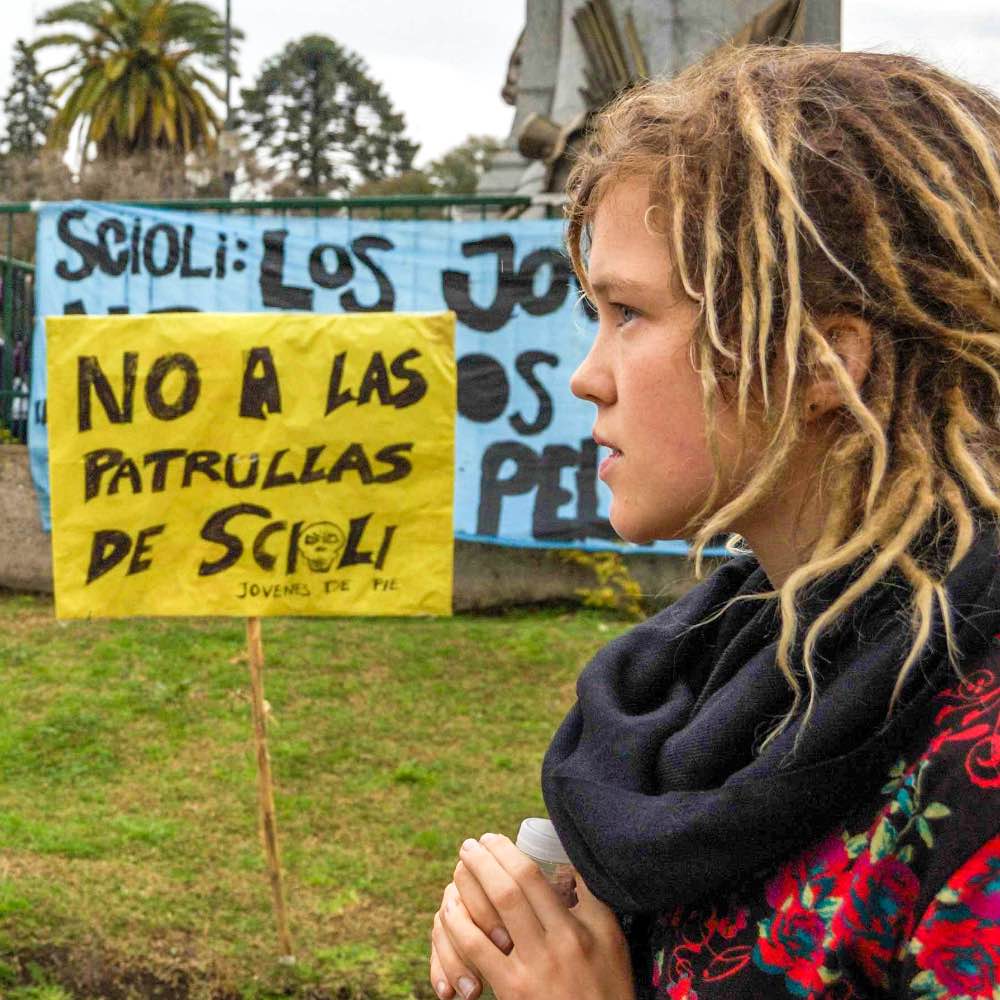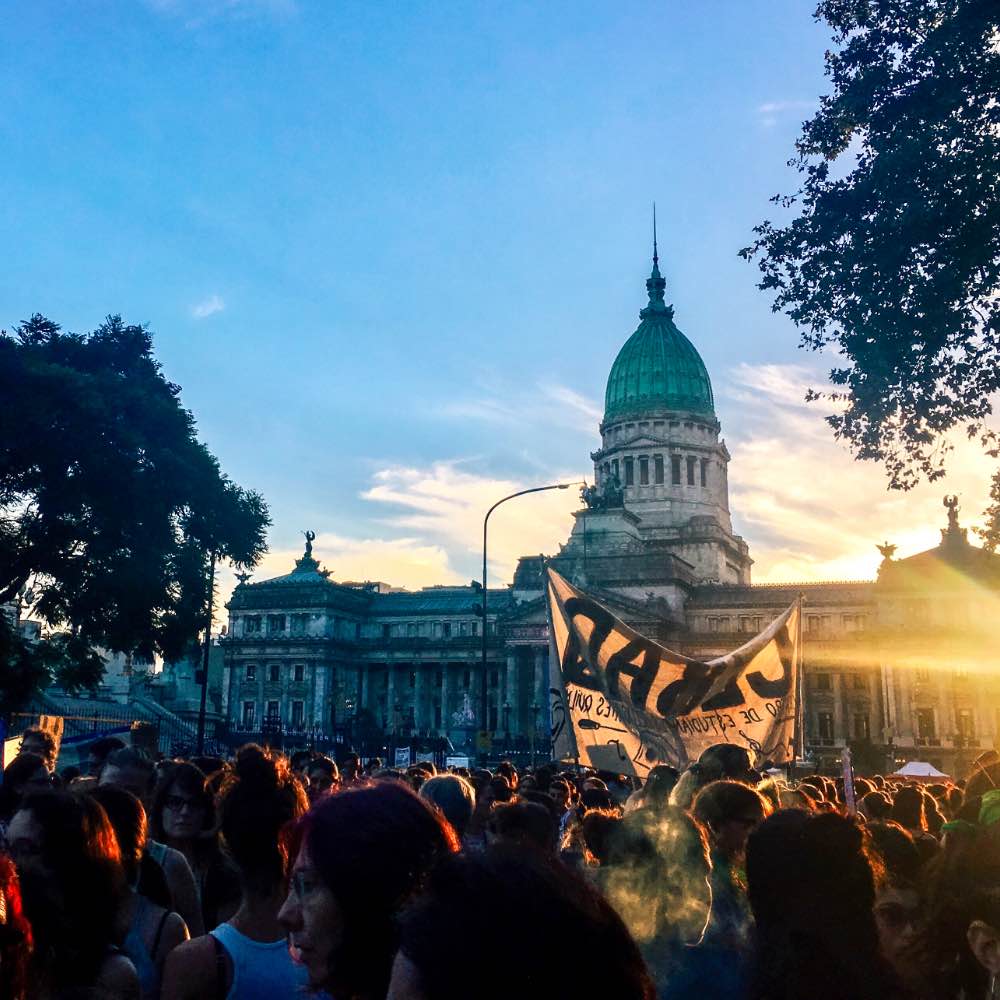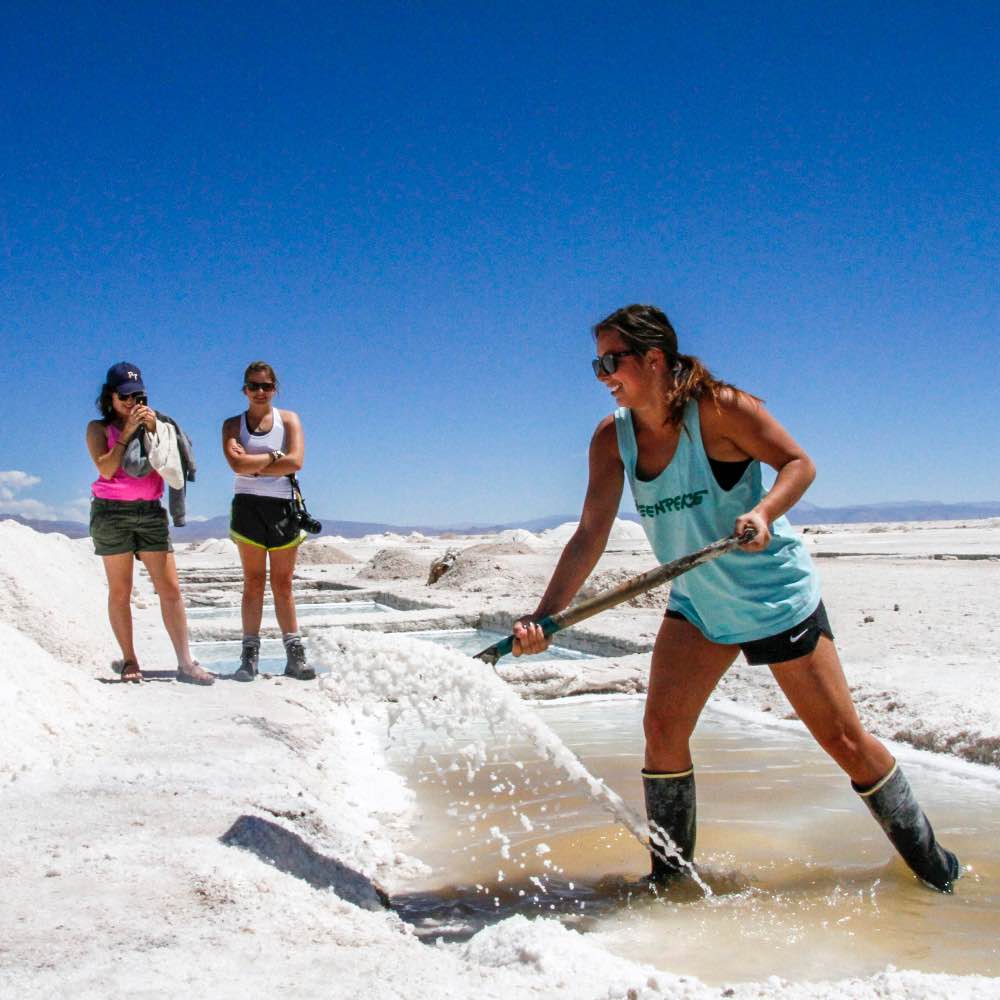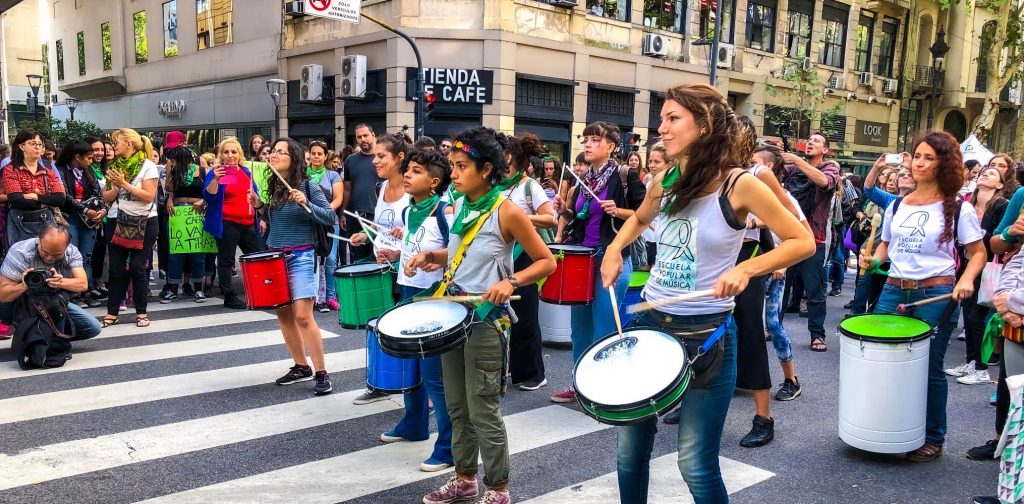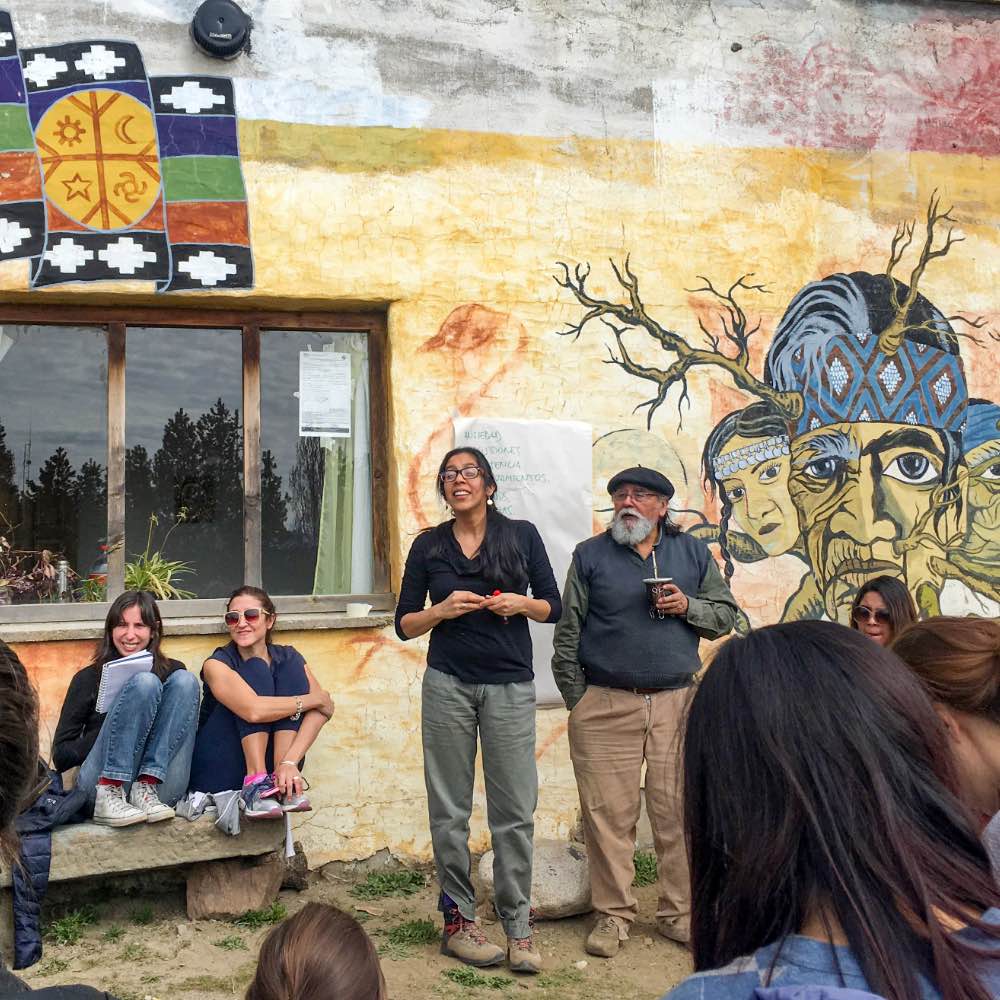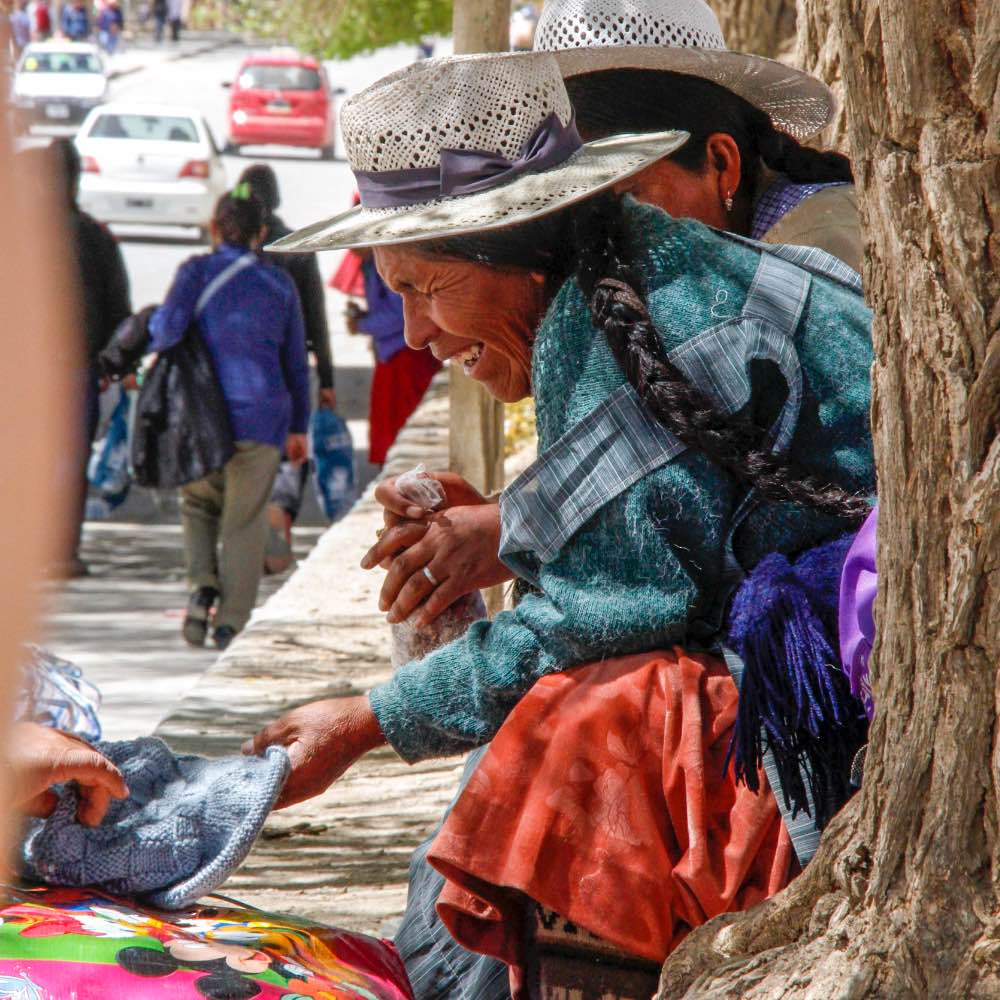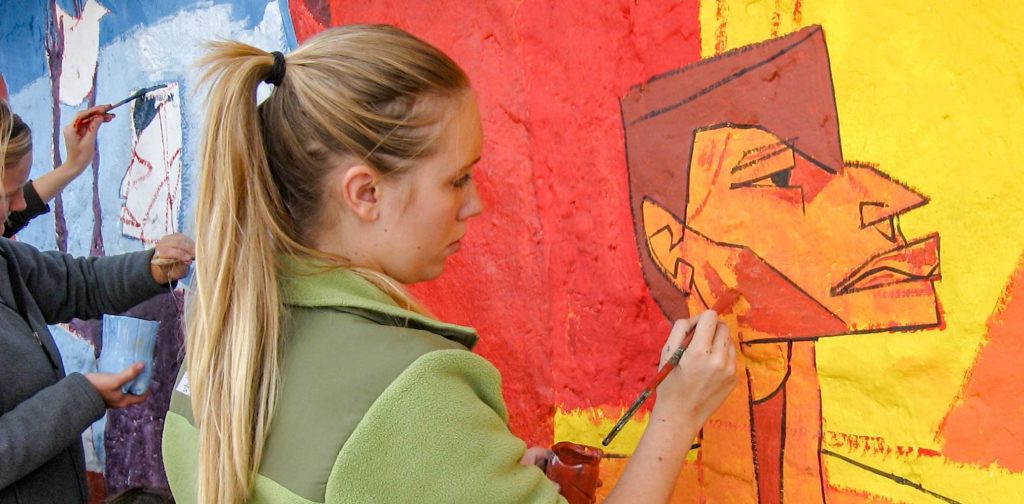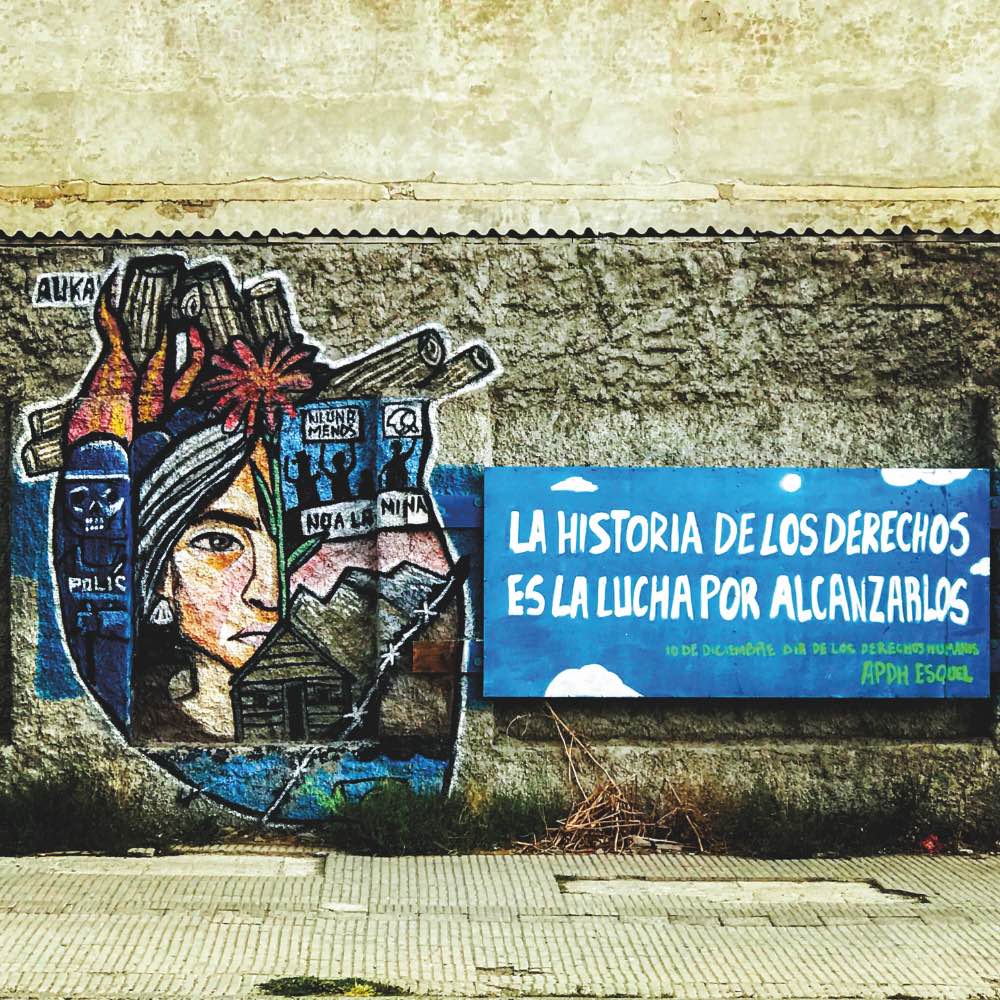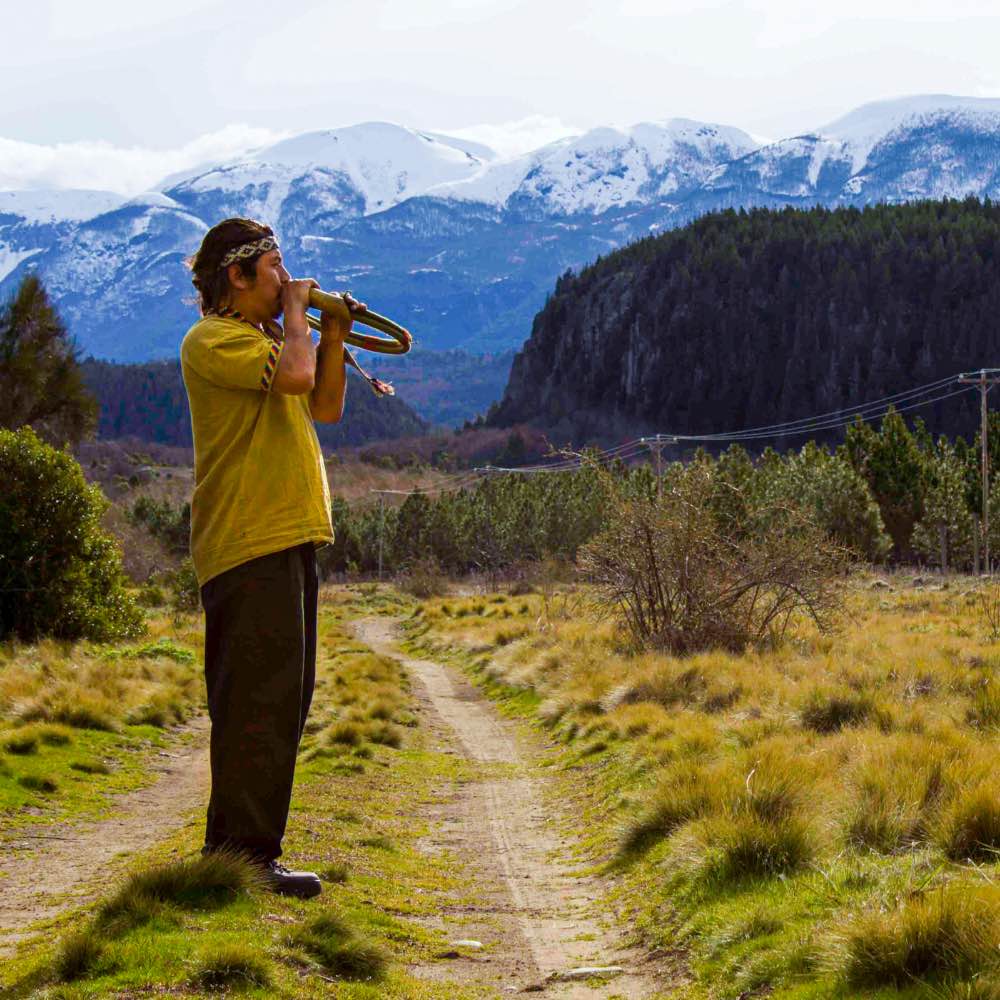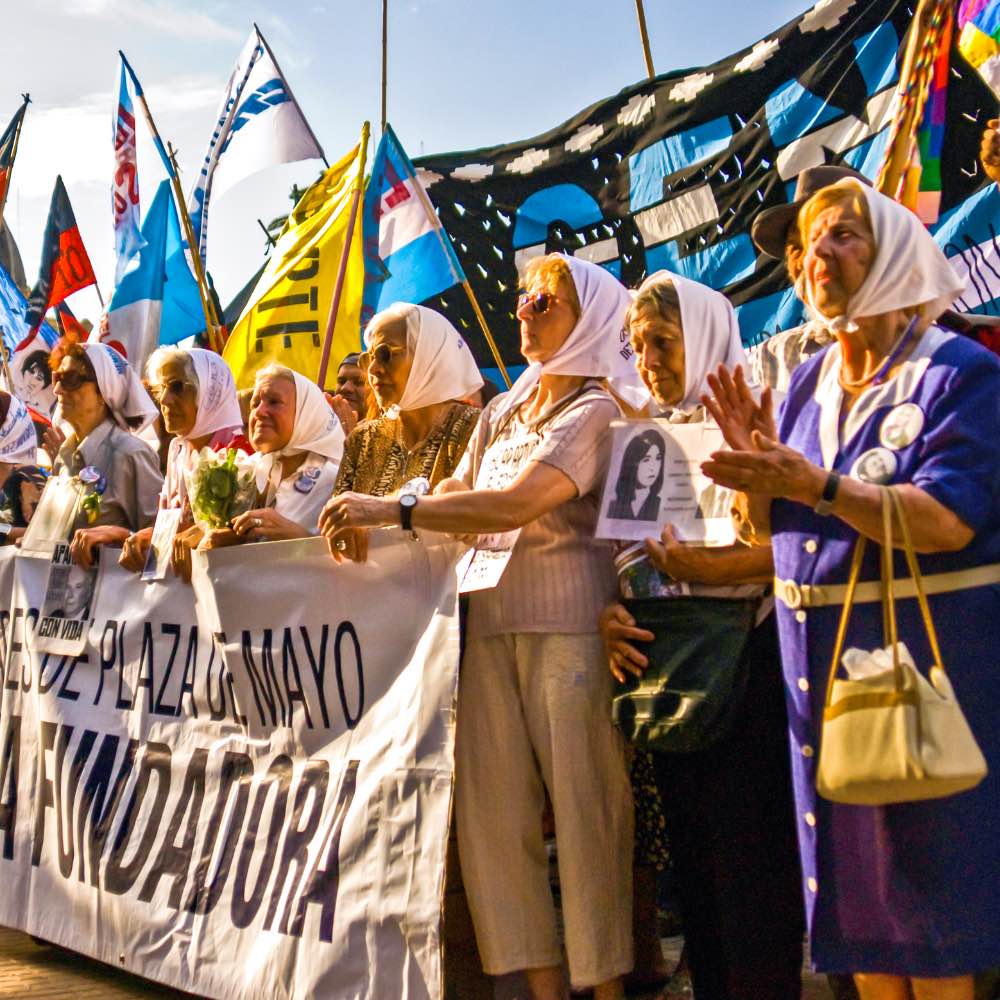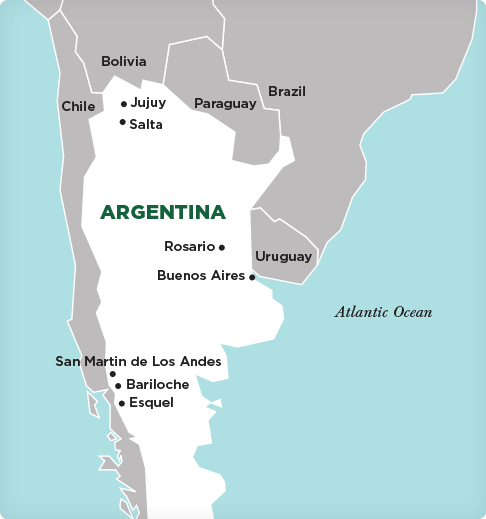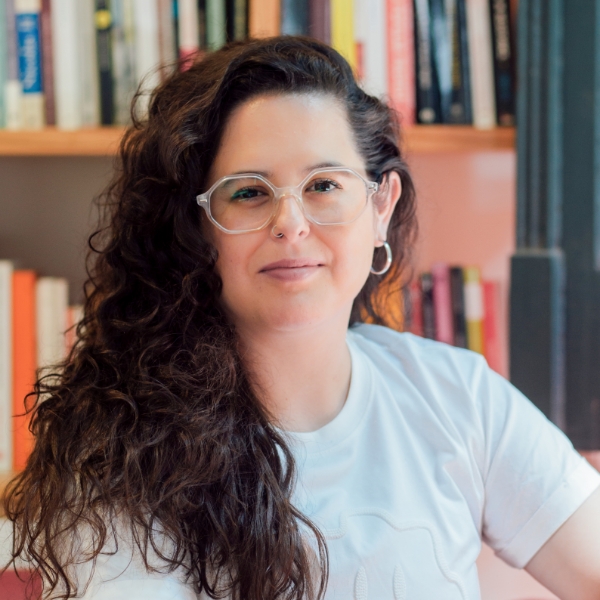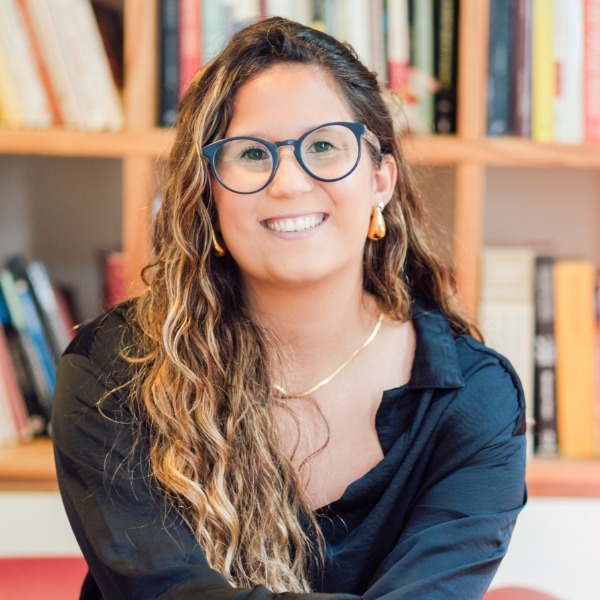Overview
Why study abroad in Argentina?
Argentina is a living dynamic site of social justice in action. With a long history of grassroots mobilization and innovative advocacy, the country offers a unique opportunity to witness how societies confront inequality, political polarization, and global challenges, such as climate change, human rights crises, and democratic backsliding. From feminist movements to environmental justice, from Afro-Argentine organizing to migration and Indigenous land defense, Argentina is a vital case study for students interested in both grassroots activism and institutional responses to complex social issues.
In dialogue with local experts, activists, NGOs, and think tanks, you’ll join the debate, on the ground and on a global scale, to imagine political and community-based alternatives to injustice. Whether your path leads to international development, research, public policy, or grassroots organizing, this experience will sharpen your analytical skills and expand your understanding of how change happens.
From the vibrant streets of Buenos Aires to the vast rural landscapes of Patagonia, the Northwest, and Rosario—experience a program that balances city life and immersion in nature, movement and reflection, global questions and local voices.
Practicing Spanish will help you to build authentic relationships, conduct interviews, and read the world in another language—highly valued skills in careers such as international relations, anthropology, global studies, political science, government, economics, environmental studies, and human rights.
Highlights
- Learn from and collaborate with communities and social movements to understand how justice and sustainability is imagined and built on the ground.
- Analyze contemporary issues—environment, gender, race, territory—through immersive learning and collective dialogue with experts and activists.
- Travel across Patagonia, the Northwest, and the Paraná Delta to learn from Indigenous, campesinos, and environmental movements.
- Build real fluency in Spanish through homestays.
Prerequisites
Previous college-level coursework or background in social work, political economy, development studies, or Latin American studies, as assessed by SIT. Three recent semesters of college-level Spanish or equivalent and the ability to follow coursework in Spanish, as assessed by SIT.
Find this program on social




